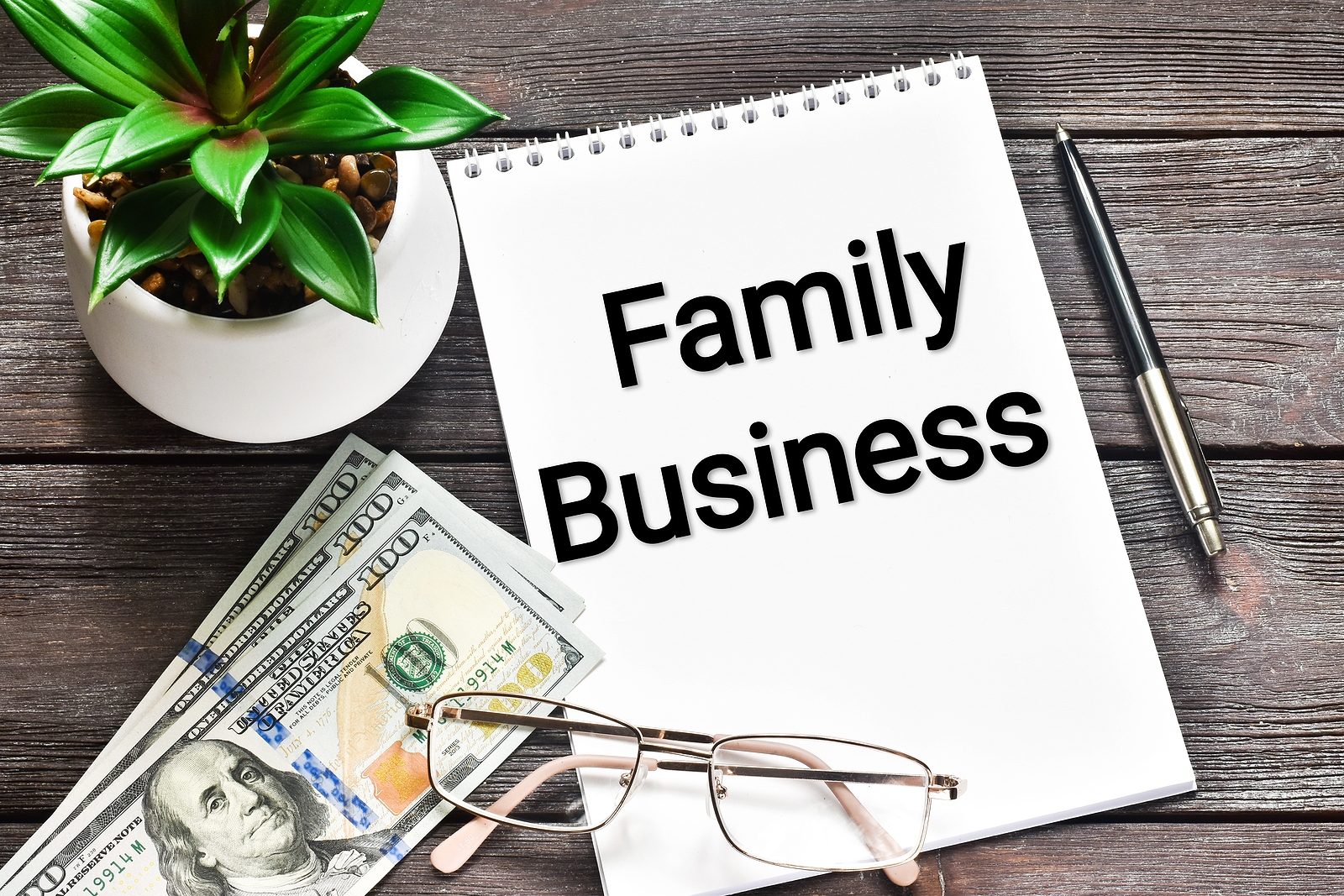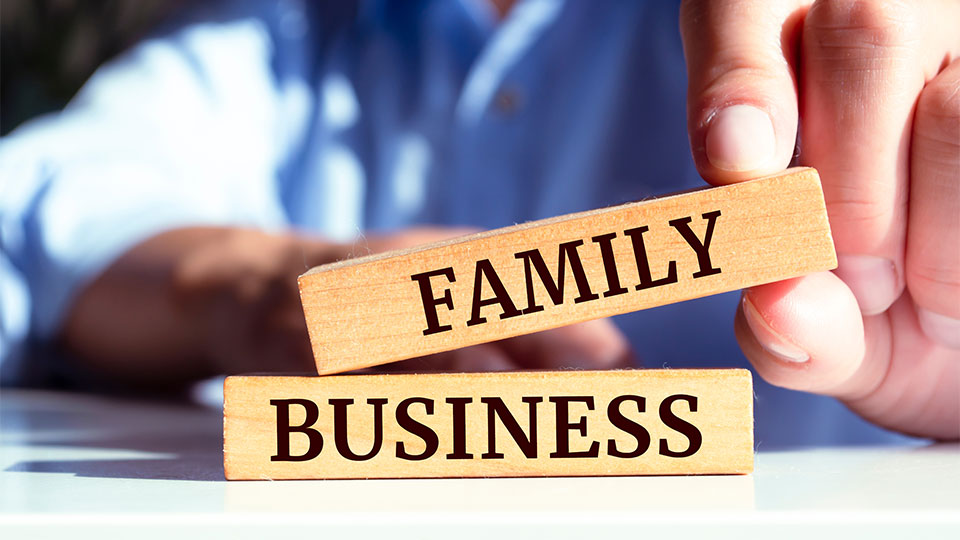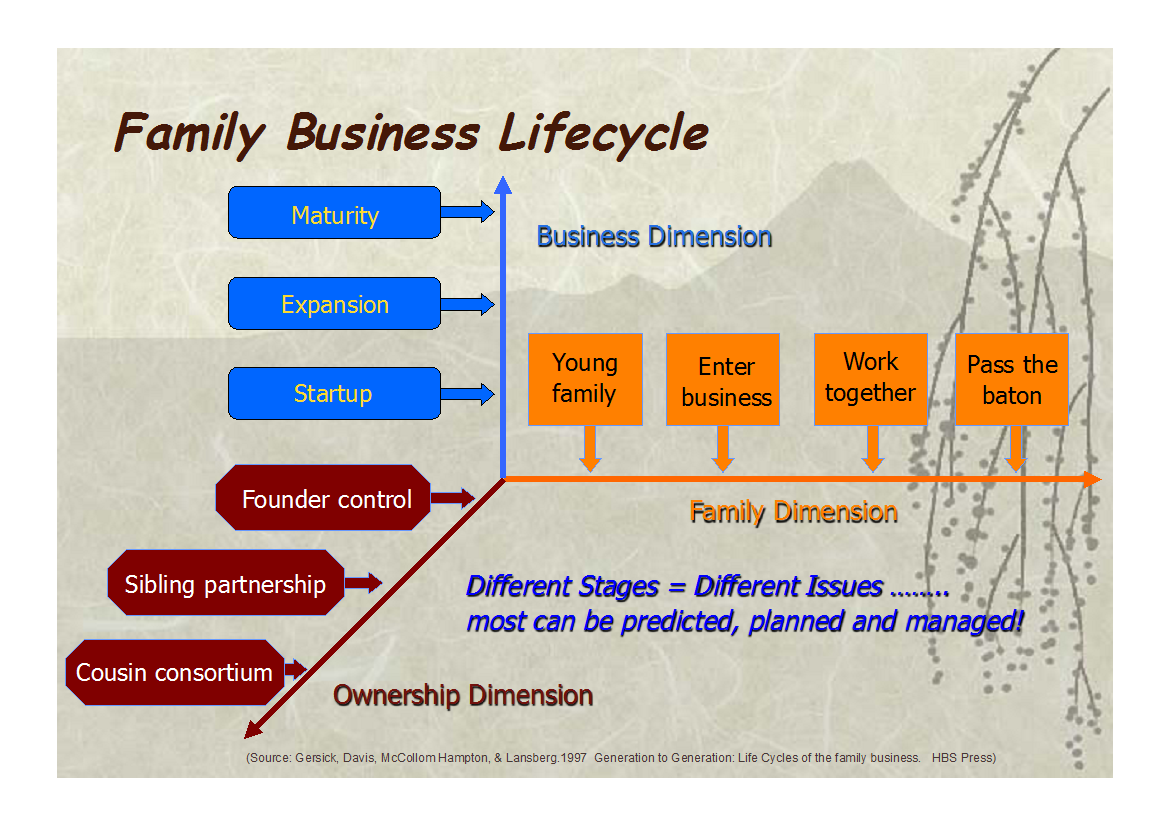Is The Family Business Coming Back On

For decades, the family business has been a cornerstone of the American economy, a symbol of entrepreneurial spirit and multigenerational legacy. But in recent years, shifting economic landscapes and evolving career aspirations have led some to question its staying power. Could a resurgence be on the horizon?
The National Federation of Independent Business (NFIB) reports that family businesses account for 90% of all businesses in North America, employing 62% of the U.S. workforce. This article explores whether recent trends suggest a renewed interest in inheriting or establishing family-owned ventures and examines the factors driving this potential shift.
Signs of a Potential Revival
There are indicators suggesting a possible resurgence of the family business model. Anecdotal evidence from business consultants and succession planning experts reveals an increased number of young adults expressing interest in joining or taking over their family's company.
This contrasts with the trend observed over the past decade, where many millennials and Gen Z individuals prioritized careers in tech, finance, or pursuing independent ventures. "We've seen a definite uptick in inquiries about succession planning in the last two years," says Sarah Miller, a consultant specializing in family business transitions at Family Legacy Advisors.
Driving Forces Behind the Trend
Several factors may be contributing to this renewed interest. The COVID-19 pandemic prompted many to re-evaluate their priorities, leading some to seek greater stability and connection to their roots through family enterprises.
Furthermore, the increasing uncertainty in the job market, particularly in sectors affected by automation and globalization, has made the prospect of a secure position within a family business more appealing.
"The pandemic forced a lot of people to reconsider what's truly important to them,"explains Dr. David Lee, an economics professor at the University of California, Berkeley.
Another important aspect is the rising trend of conscious consumerism. Consumers are increasingly drawn to businesses with a strong sense of purpose and ethical values, often inherent in family-owned and operated ventures. This growing preference gives family businesses a competitive advantage.
Challenges and Opportunities
While a potential resurgence is encouraging, family businesses face unique challenges. Succession planning remains a critical issue, with many companies failing to adequately prepare for the transition of leadership.
Effective communication, clear roles and responsibilities, and a willingness to adapt to changing market conditions are essential for long-term success. Conflict resolution skills are also paramount, as family dynamics can often complicate business decisions.
However, family businesses also possess significant advantages. They often have a strong sense of loyalty, a long-term perspective, and a deep understanding of their customers and communities.
By leveraging these strengths and addressing their challenges proactively, family businesses can thrive in the modern economy.
Impact on the Economy
A thriving family business sector has significant implications for the overall economy. These businesses are major employers, contributors to local economies, and incubators of innovation.
Their commitment to their communities and their long-term investment horizon fosters stability and resilience. Support for family businesses through policy initiatives and resources can unlock their full potential and contribute to sustainable economic growth.
Conclusion
While it's too early to declare a full-fledged comeback, the signs suggest a renewed interest in the family business model. This potential resurgence presents both opportunities and challenges.
By embracing innovation, prioritizing succession planning, and leveraging their unique strengths, family businesses can solidify their position as vital contributors to the economy and society for generations to come. The future of the family business is far from written, and its next chapter may be brighter than many predicted.


















